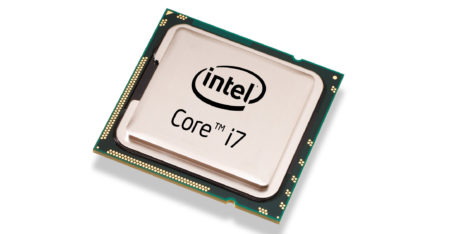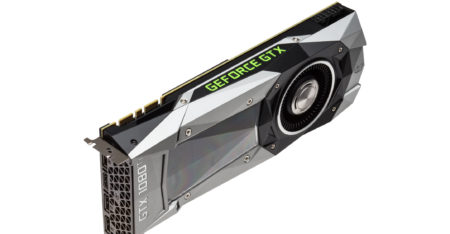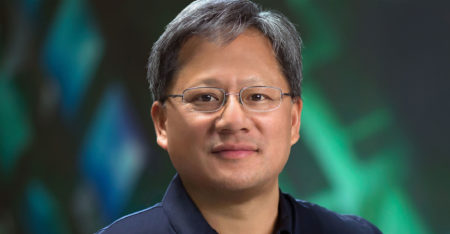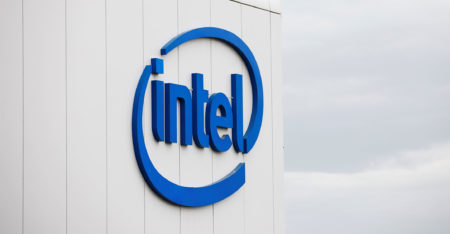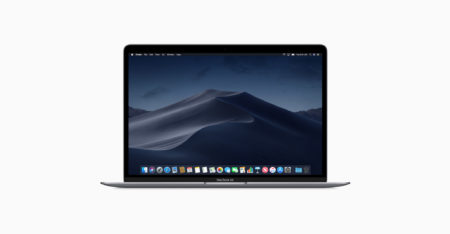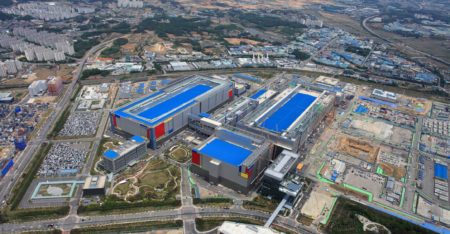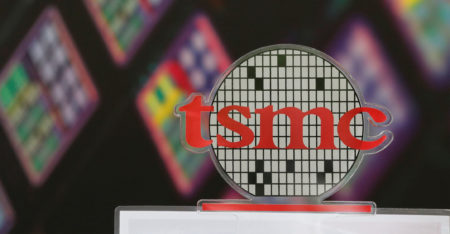Intel CEO Bob Swan spent almost an hour on Thursday discussing an idea that would once have been unthinkable for the world’s largest semiconductor company: not manufacturing its own chips.
Browsing: Intel
ARM, the semiconductor designer owned by SoftBank Group, is attracting takeover interest from graphics chip maker Nvidia, people with knowledge of the matter said.
Nvidia’s market valuation briefly topped Intel’s for the first time ever, powered by soaring demand for graphics chips in data centres and other fast-growing technology fields.
Zoom, one of the few success stories of the Covid-19 pandemic, now faces a new competitor in an app backed by Asia’s wealthiest person Mukesh Ambani.
Intel’s investment arm will pay some $255-million for a small stake in Reliance Industries’ digital unit Jio Platforms, the latest in a slew of share sales that have helped the Indian conglomerate pay down debt.
Apple on Monday said it will switch to its own chips for its Mac computers, ending a nearly 15-year reliance on Intel to supply processors for its flagship laptops and desktop.
The move will have multiple negative ramifications for Intel’s chip business. The most obvious is the direct impact of losing revenue as the sole processor supplier for Apple’s PC line.
Apple is preparing to announce a shift to its own main processors in Mac computers, replacing chips from Intel, as early as this month at its annual developer conference.
Samsung Electronics has begun building a cutting-edge chip production line intended to help it take on TSMC and Intel in the business of making silicon for external clients.
The world’s biggest contract chip maker said it plans to build a $12-billion factory in the US in an apparent win for the Trump administration’s efforts to wrestle global tech supply chains back from China.


